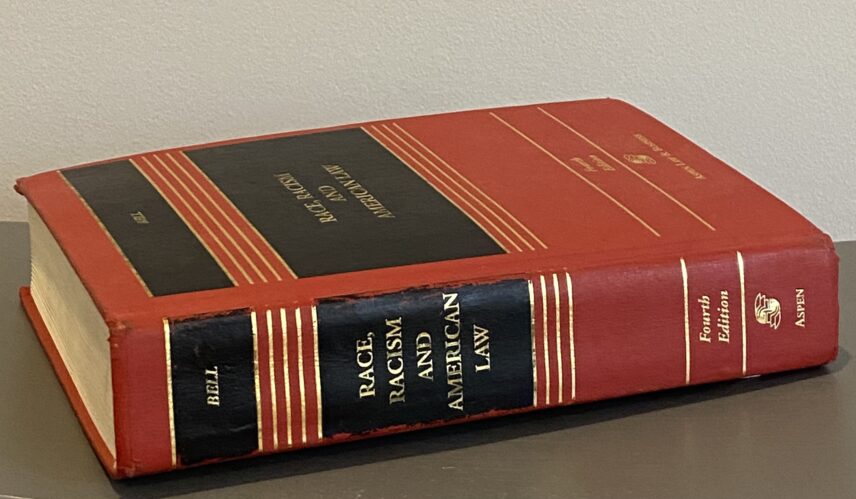Article begins

The misappropriation of critical race theory (CRT) and its circulation online began during the COVID-19 lockdowns as a counter-discourse, egged on by former president Trump, to calls for diversifying teaching and training in schools and the workplace following the 2020 #BlackLivesMatter protests. The term “critical race theory” originated in legal academia as a scholarly counternarrative establishing how racism is systemically embedded in US law and legal practices. However, the term has been misappropriated through social media to discuss any direct or indirect inclusion of critical perspective suggesting racism exists and to brand this discussion as illegitimate and inappropriate. The anti-CRT movement has evolved beyond social media to legal attempts to regulate public education and workplace curriculums. Educators and students live in fear of being targeted individually and slandered when they support retaining materials (texts, films, lessons, and more) that depict perspectives unpopular with the anti-CRT movement. Parents of students of various backgrounds feel their children will not be exposed to relatable cultural representations or to ideas that may diversify how they understand the world and their relationship to it. These anti-CRT efforts echo larger issues within “the archive” by silencing through omission (of acknowledgment of trauma and violence) and by legally reinstating the prominence of colonial ontologies and power, which ultimately perpetuates the subjugation of the Other through anticipated and actualized violence. Such circumstances reduce the opportunity of introducing counternarratives that may undo the legitimacy and logics undergirding the continuance of colonial power. The push to suppress counternarratives in the public sphere reestablishes the resounding silence of the marginalization certain communities have faced and that they continue to navigate, while it legally attempts to upend holistic consideration of different cultural perspectives within US law and policy.

